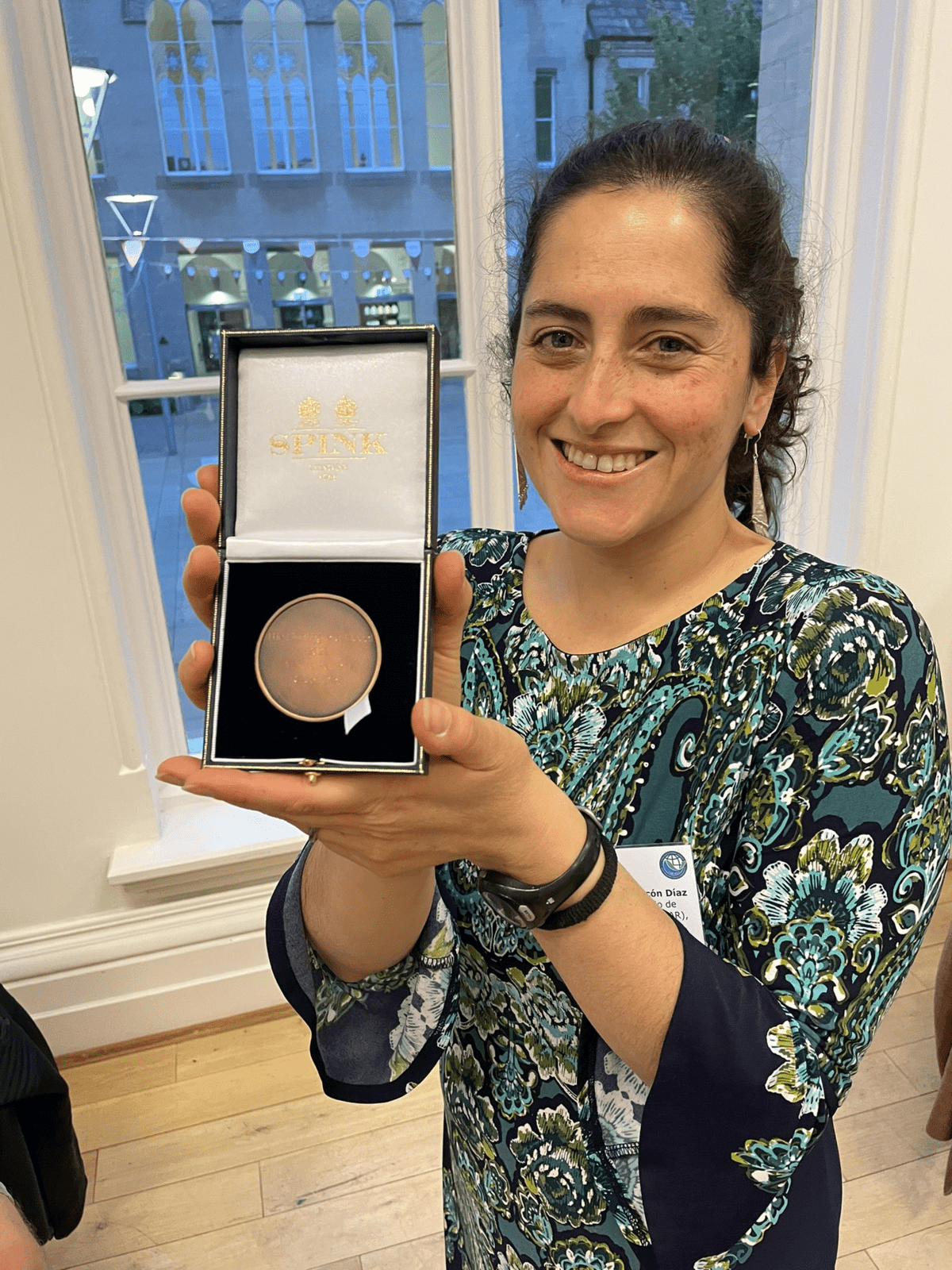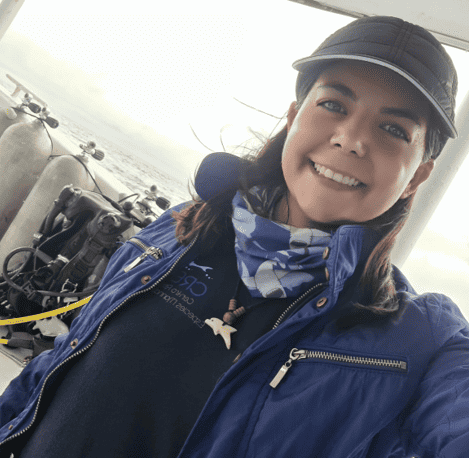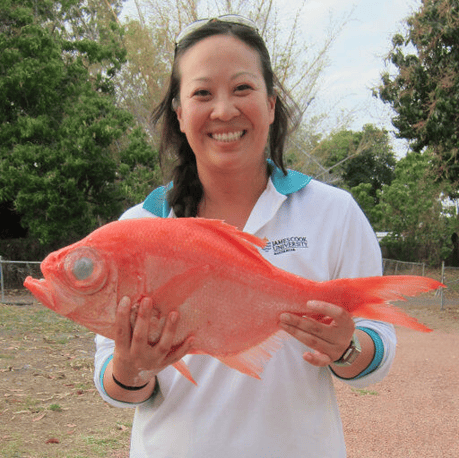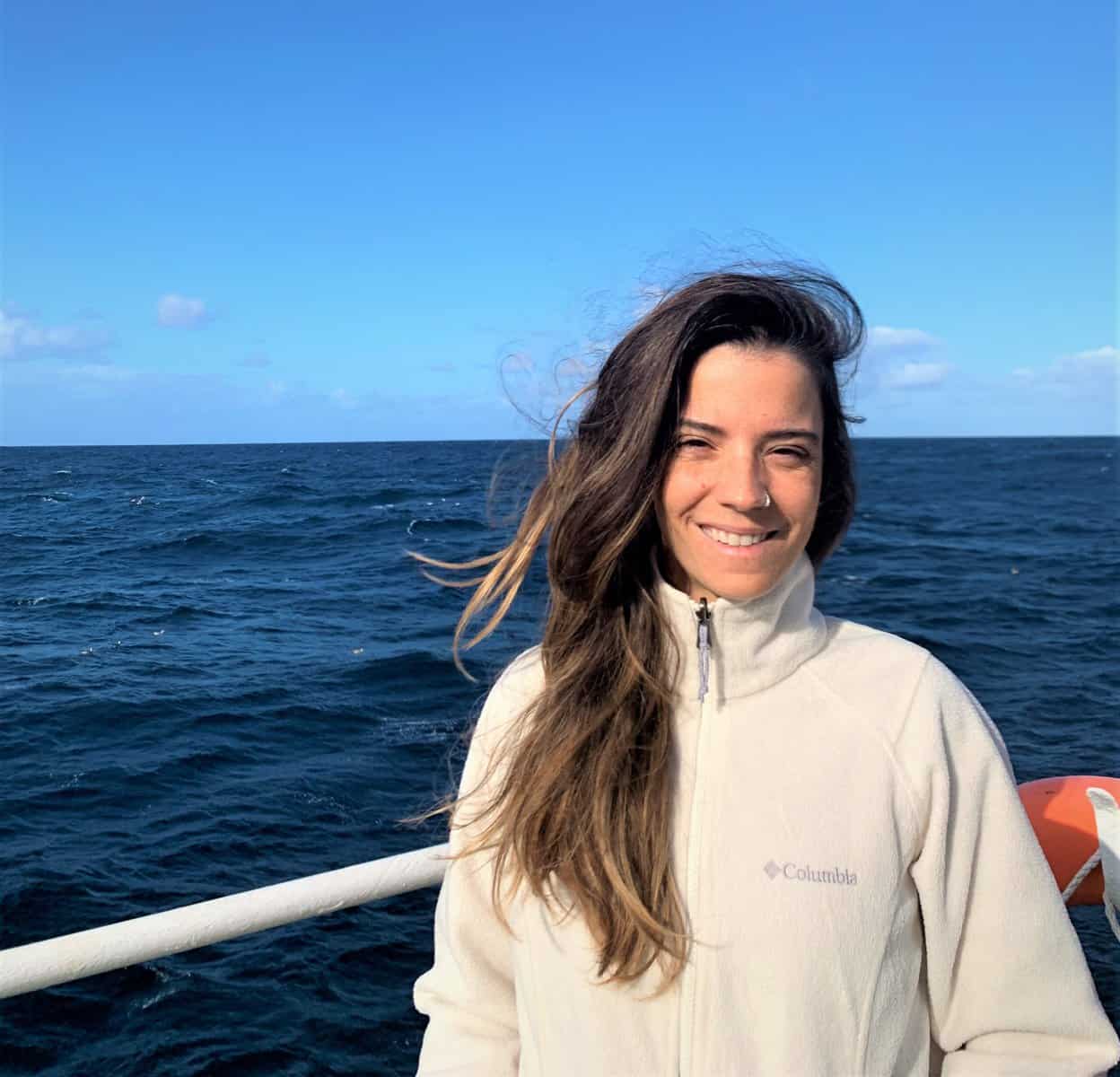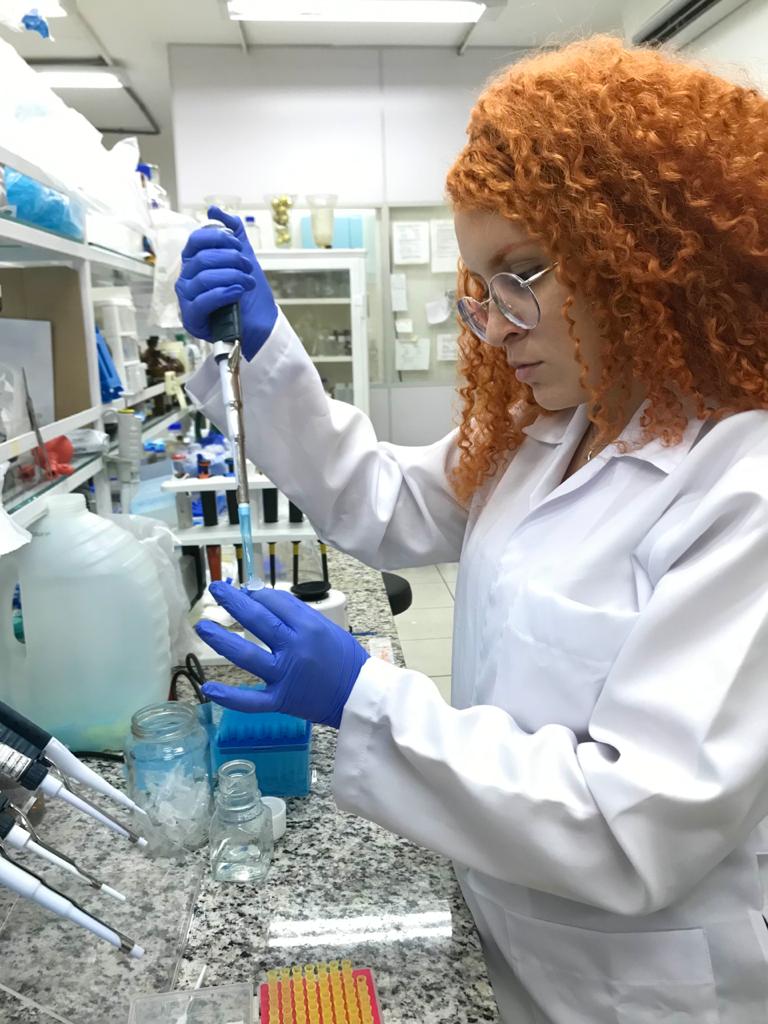A worldwide statement from 110 societies calls upon urgent action on climate change
View the Full Satement Here >>
The World Climate Statement
Below is a condensed version of the statement from above, drafted by the AFS, that outlines the challenges presented by climate change, the science based evidence for human-caused climate change and the needed responses.
The Challenges
1.Increased atmospheric concentrations of greenhouse gases from fossil fuels and land use changes are driving current climate change.
2. Impacts already occurring range from increased frequency, intensification, and severity of; meteorlogical events, hydrological disasters; ocean acidification and deoxygenation. These changes are currently causing an unprecedented ecological backlash on our environment at a global scale.
These challenges are precursors of more damage to fisheries, biodiversity, and human society at large.
Delaying action to stop underlying causes of climate change will have economic, environmental, and societal consequences.
Changes, Reductions and Loss; Marine Environments
In the marine environment shifts in species composition, behaviour, abundance, and biomass production is an increasing trend. For instance lobster, cod, mackerel, coral reef fishes and other species important to fisheries are moving poleward to deeper waters or declining.
In addition coastal ecosystems are being transformed, degraded, or lost, either largely or in part due to carbon emissions causing global ocean acidification. Not only does the affect primary production, from coral reefs to kelp forests, but is also tied to the survival of organisms especially shellfish.
Furthermore climate change is interacting with other stressors such as excess nutrient input, overharvesting, and novel species interactions to further suppress marine ecosystems.
Freshwater Environments
Freshwater ecosystems cover less than 1% of the planet’s surface but support one-third of vertebrates, 10% of all species and is more vulnerable to terrestrial changes with less capability to adapt to the impacts of climate change.
Abiotic changes can alter species abundance, predator–prey dynamics, expansion of invasive species, growth, recruitment of species, and novel species interactions. Leading to declines in the number and diversity of freshwater aquatic organisms.
This will impact recreational and commercial fish harvest because of the increased frequency and severity of droughts and floods, damaging the quality of freshwater.
The prominent influence of climate change on these hydrological and meteorological events combined with lower adaptation capability often results in; poor recruitment, inability to access habitats, increased algal blooms from runoff, reducing water quality and re-emergence of diseases. More worryingly, these diverse and small-scale changes combine to create multiple, cumulatively stressful challenges to aquatic species.
Climate Change Puts Food Security, Public Health and Ecosystem Services at Risk
All life forms need clean and sufficient water.
According to the Food and Agriculture Organization of the United Nations, fish accounts for 17% of animal protein consumed globally. Furthermore, fishing and aquaculture directly employ almost 60 million people, and global trade in fish products has reached US$152 billion per year, with 54% originating in developing countries.
Furthermore, the warming of waters elevates bioaccumulation of heavy metals increasing the prevalence of waterborne pathogens affecting both human and animal health.
Overall fisheries catch is projected to decline related to increasing declines in water quality and aquatic science shows need for immediate climate action primary production as a result of climate change, with corresponding effects on food security.
It will also impact many businesses that are dependent on local ecosystems for; sustainable diving, snorkelling, angling, marine mammal and bird watching, and other recreational activities.
[click_to_tweet tweet=”Climate change impacts on aquatic ecosystems are affecting incomes, food security, key cultural dimensions, and livelihoods of resource-dependent communities.- World Climate Statement 2020″ quote=”Climate change impacts on aquatic ecosystems are affecting incomes, food security, key cultural dimensions, and livelihoods of resource-dependent communities.” theme=”style1″]
All of Society Must Take Rapid Action to Halt Human-Caused Climate Change
Rapid action to curb release of greenhouse gas emissions and to remove and store CO2 from the atmosphere is needed to ensure the prevention of calamitous consequences of human-caused climate change.
Global and national targets are necessary to protect and restore carbon dense ecosystems and reduce the impacts of climate change.
Governments, industry, academia, and sectors of society must prioritize actions in a concerted way to halt human-caused climate change.
A rapid transition towards green energy sources, accomplished by all governments by immediately acting on the advice of specialists.
To better understand other environmental stressors that act synergistically with climate change we must provide resources for mapping and research. This will arm natural resources agencies with the tools to mitigate these impacts and plan for changes in aquatic ecosystems.
Movement to curtail human-caused climate change can result in advanced, novel technologies; strong economies; healthier aquatic ecosystems; greater food security; and human well-being.
